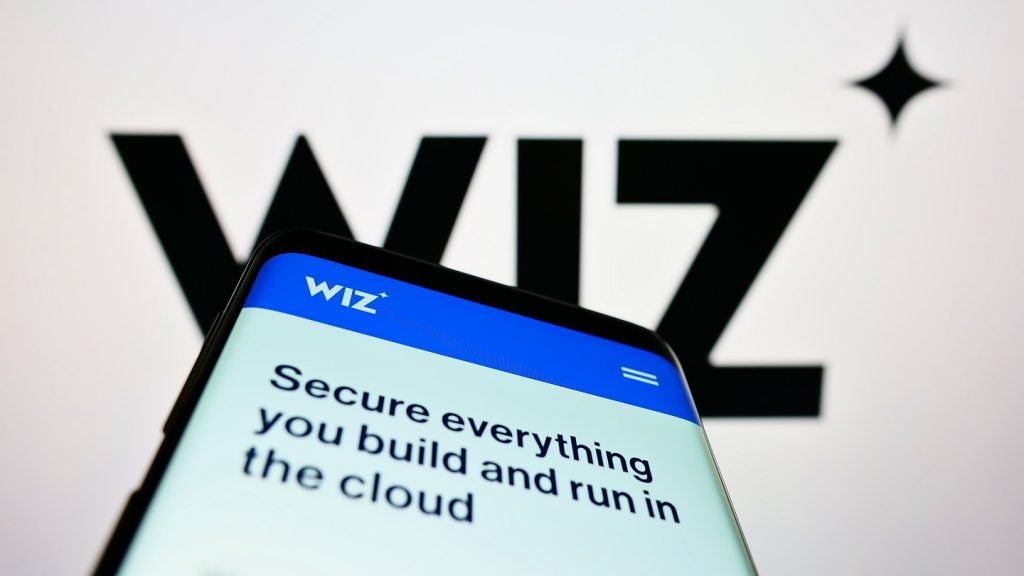The recent MWC 2023 conference in Barcelona (Spain) highlighted a step change in the fortunes of 5G. While the technology has still not fully realized its potential, the conversations GlobalData’s analyst team had with telecoms service providers and technology vendors confirmed a trend highlighted by GlobalData’s own research: enterprises are now engaging with 5G.
Private mobile networks offer quick returns
The use cases that so far have offered the most value to enterprises have tended to center on deployments of private 5G networks – i.e., networks using 5G spectrum and radio equipment deployed at specific locations and only accessible by designated SIMs. The typical deployments have been in factories, mines, ports/harbors, and logistic sites.
These solutions have been highly successful and delivered significant productivity boosts and worker safety improvements in a very short space of time. Indeed, one vendor told GlobalData that it had been involved in a project that saw a return on investment achieved in just three days.
Mass scale needed to justify 5G investment
The problem for network operators, and for wider economic progress, is that to achieve the kind of scale required to really deliver a return on the billions of dollars/pounds/euros it takes to roll out 5G is not necessarily possible with the solutions being deployed thus far. Most current examples are on a large scale, which means that the cost of deploying, running, and managing a private 5G technology can be offset against the costs of running a mine, port, or factory.
Furthermore, these solutions have involved a large degree of bespoke solution design. Smaller businesses are less able to invest in professional services needed for such design processes. Instead, they require off-the-shelf solutions that are relatively easy to deploy and maintain.
A 5G slice of Pi
UK-headquartered telecoms service provider Vodafone recently published details of a proof of concept that may offer one possible answer to this challenge. The provider announced that it had successfully deployed a private 5G core on a Raspberry Pi 4 device (a small, roughly 8.6 cm by 5.7 cm, single-board computer) combined with a small 5G radio array provided by Lime Microsystems.
How well do you really know your competitors?
Access the most comprehensive Company Profiles on the market, powered by GlobalData. Save hours of research. Gain competitive edge.

Thank you!
Your download email will arrive shortly
Not ready to buy yet? Download a free sample
We are confident about the unique quality of our Company Profiles. However, we want you to make the most beneficial decision for your business, so we offer a free sample that you can download by submitting the below form
By GlobalDataThe Raspberry Pi Foundation’s computers are designed to be affordable enough for education institutes to give them to students with costs starting from as little $35, putting them easily within reach of the average small business – even when the necessary additional radio technology is added. However, Vodafone has no plans to commercially launch a commercially available solution at present.
A nearer-term alternative may well come in the form of network slicing, a technology that allows network operators to logically separate a sliver of spectrum at a given location for the private use of a business or device. Slicing will rely on the availability of ‘standalone’ 5G, or 5G SA, which most network operators have now either begun to do or are about to start doing.
APIs for ease of access
Combined with technology such as APIs, network slices will eventually be available for purchase through online portals on an on-demand, pay-as-you-go model. This approach will enable developers and small businesses to build, test, and continuously run solutions over a form of private 5G that will support most advanced use cases.








